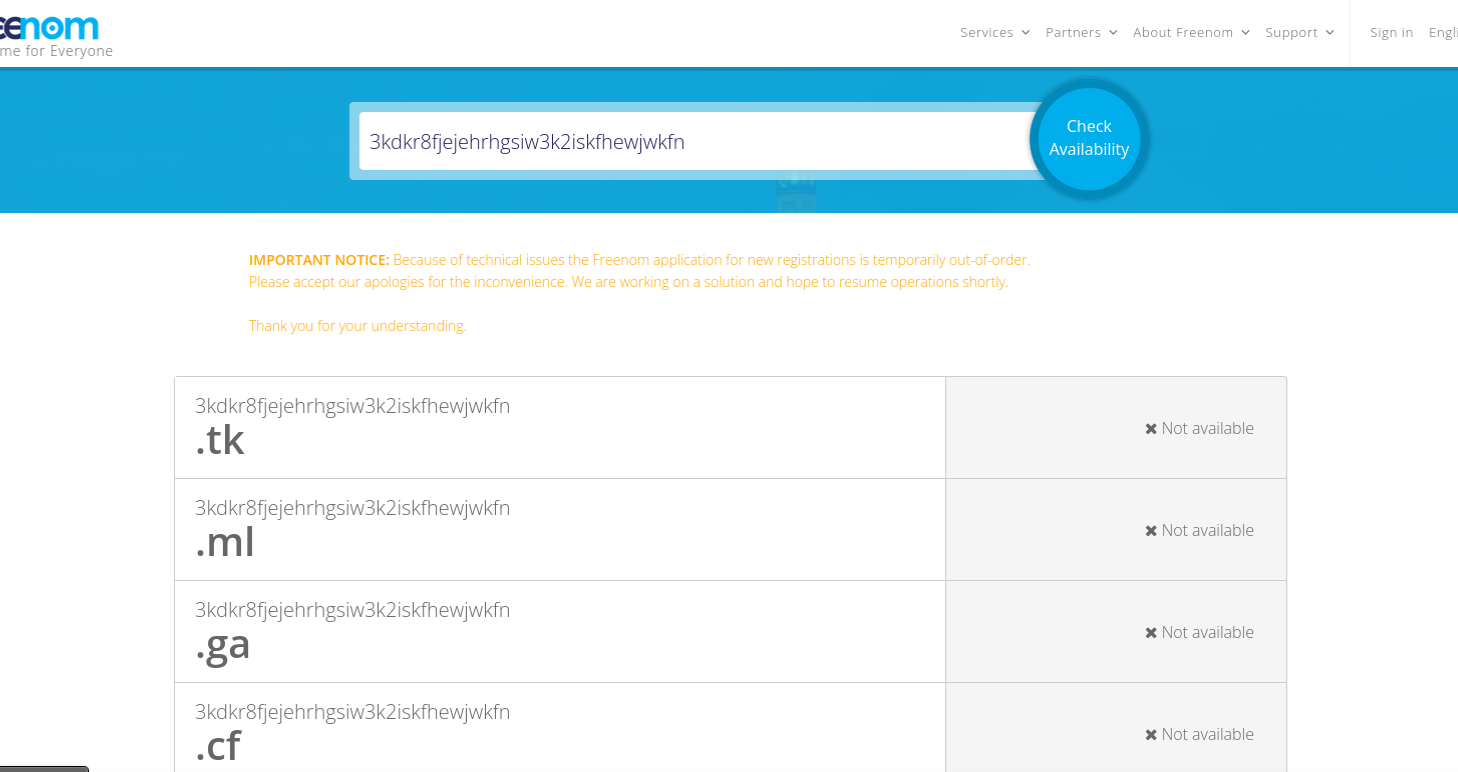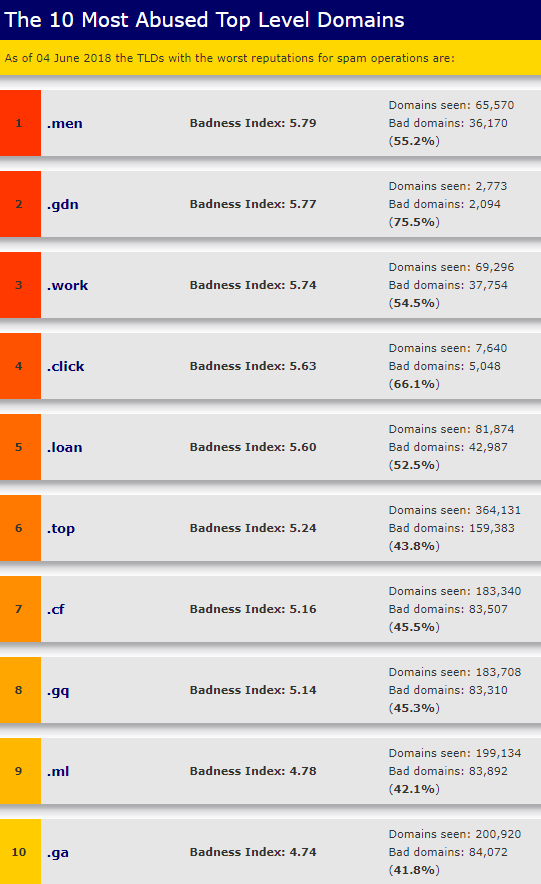Why Phishers Love New TLDs Like .shop, .top and .xyz

Credit to Author: BrianKrebs| Date: Tue, 03 Dec 2024 13:27:31 +0000
Phishing attacks increased nearly 40 percent in the year ending August 2024, with much of that growth concentrated at a small number of new generic top-level domains (gTLDs) — such as .shop, .top, .xyz — that attract scammers with rock-bottom prices and no meaningful registration requirements, new research finds. Meanwhile, the nonprofit entity that oversees the domain name industry is moving forward with plans to introduce a slew of new gTLDs.
Read More



